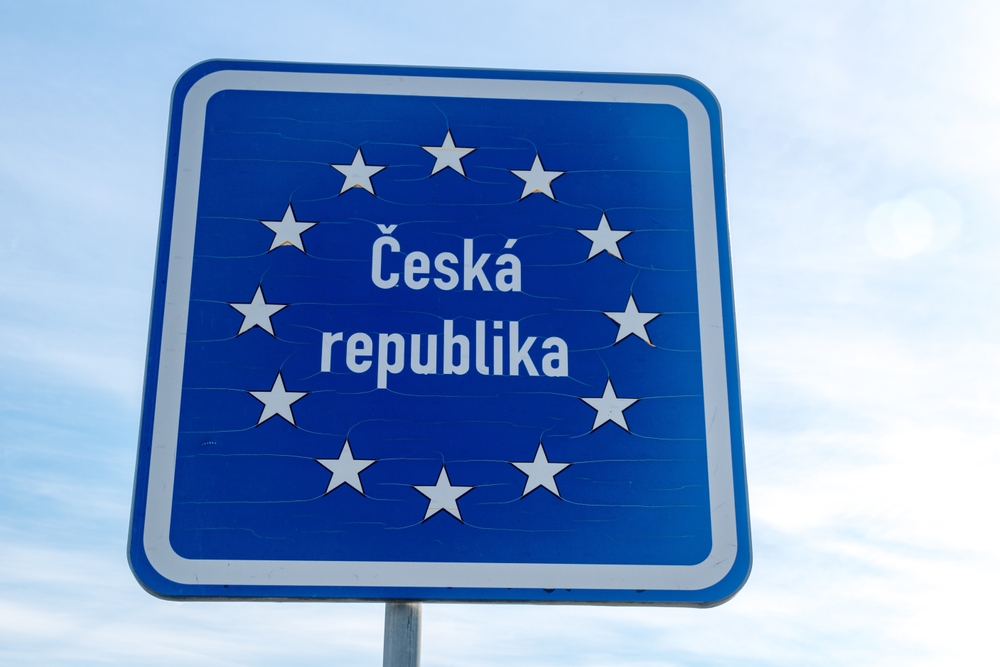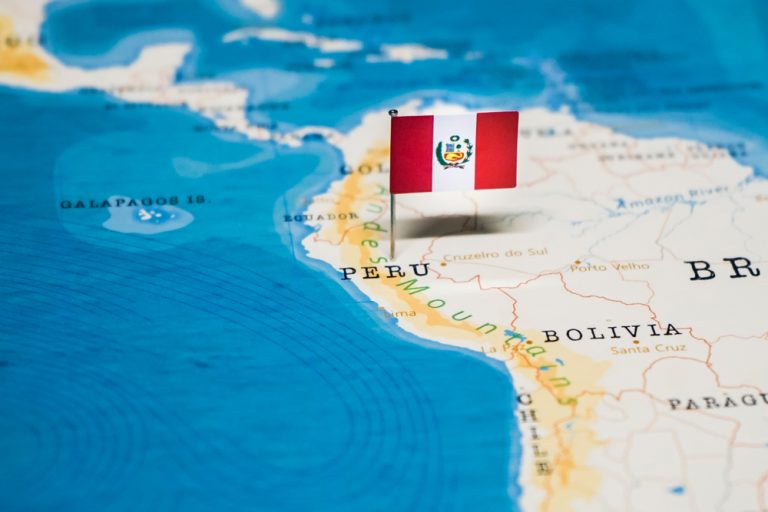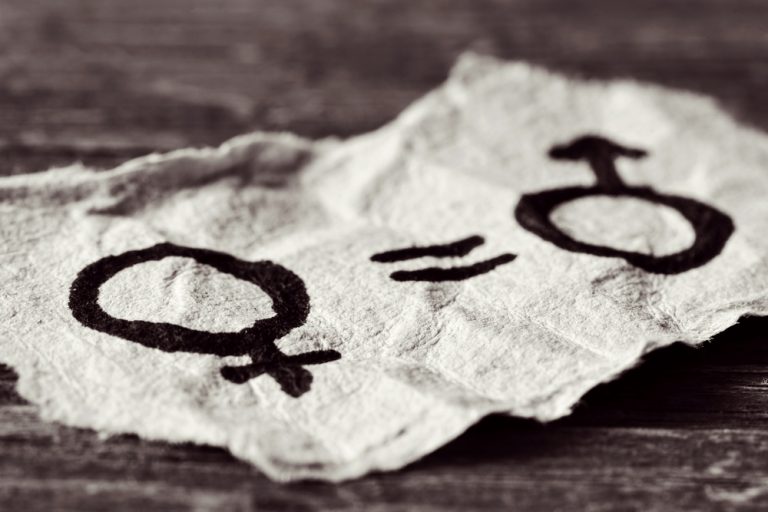
The new mysterious Czech president: where will the country turn now?
The new world order, threatened by fierce competition and growing authoritarianism in each of the opposing camps, as well as the growing systemic economic crisis in the EU, frighten many Europeans. The most critical experts foresee the degradation of democracy in the Old World, and in their view, this is already happening now. The Czech Republic, where until the presidential elections of January 28, 2023, there was a healthy competition between two equal branches of power: presidential and parliamentary, has also been affected. The first was represented by President Miloš Zeman, who is committed to autonomy from foreign pressure groups and the diversification of the country’s international relations, and the second by Prime Minister Petr Fiala, a lobbyist for EU and US pressure groups. But this delicate balance is now likely to be upset. And to understand why this has happened and what it might lead to, we must understand who the country’s new president, Petr Pavel, is.

The future president has had nothing to do with politics all his life and has been active in the military sphere. He came to prominence after he led the operation to rescue 55 French military personnel as part of the UN peacekeeping mission in Bosnia. For this he was awarded the Medal of Heroism at home, and France awarded him the Cross of Military Valour with a bronze star. Following such a success, Pavel was almost assured of the magnificent career he well deserved by his professional qualities. He was promoted to the rank of brigadier general in 2002 and only a year later he became deputy commander of the Czech army. He was appointed deputy military representative of the Czech Republic to the EU and NATO in Brussels in 2007 and was appointed a member of the Czech Ministry of Defence’s special commission in 2010. After gaining such international experience, Pavel was appointed Deputy Chief of the General Staff of the Armed Forces of the Czech Republic in 2011 and became its Chief of the General Staff in 2012. The pinnacle of his career in 2014 was as Chair of the NATO Military Committee, where he became not only the first Czech, but the first Warsaw Pact (WP) representative at all. On that major note, he retired in 2018, marking the beginning of his transition from the military to politics.
Pavel’s reputation was almost unblemished: a patriot, a successful Czech delegate to international organisations and a personality untainted by political and corruption scandals. It was in this role that he was perfectly suited for a person with a much more controversial reputation – the future Czech Prime Minister Petr Fiala. On the plus side was Pavel’s inexperience, which guaranteed the future prime minister control and supremacy in this tandem. Apparently, Fiala began considering Pavel for his role as president as early as 2019, when he persuaded the latter to engage in atypical activities. However, the promotion of the future winner began as early as 2020, when Fiala himself was actively preparing for the parliamentary elections. During COVID-19 in the Czech Republic, Pavel suddenly launched the popular Stronger Together initiative to raise money to fight the pandemic, and was also active in volunteering and helping hospitals. There is no doubt that Fiala was the architect of this campaign.
Although the Czech Republic is a parliamentary republic, the past president, Miloš Zeman, with his considerable powers and managerial and political experience, skillfully maintained a balance of power between the branches. He was particularly vocal in his opposition to parliament after Petr Fiala, who did not share Zeman’s views, took over the government in 2021.
Since Pavel has been fully supported by Fiala and the ruling Together coalition since the beginning of the presidential race, the confrontation between the president and the Czech government will end. The Czech government as a single instrument will now work in the interests of the Premier, who may acquire a power similar to that of Orbán and Kaczynski, but with a liberal and globalist edge. Pavel, apparently trying to please Fiala in return for his warm congratulations, even took aim at his former dangerous rival in his post-election statements, saying that he characterised his predecessor Miloš Zeman‘s actions as burying his head in the sand, typical of the African ostrich. Pavel’s first statements after the election demonstrated well his role in the new ruling tandem as a popular “talking head” who inspires confidence in the electorate. The former general perfectly expressed Fiala’s new course and said that the Czech Republic would “give up its illusions” about cooperation with China and consider it an unfriendly country. The Czech Republic would now have a completely different attitude towards the unrecognized Taiwan. Almost immediately Pavel had a telephone conversation with Taiwanese President Tsai Ing-wen, expressing full support, which would have further angered the Chinese leadership. Pavel’s position on military support to Ukraine was also unequivocal: there should be “almost no restrictions” for it, and Volodymyr Zelensky is the closest partner not only to Joe Biden but to the entire Czech Republic. This comes in stark contrast to the position of both Miloš Zeman and former Czech Prime Minister Andrej Babiš. During the pre-election debates Babiš explicitly stated that he wanted to minimise involvement in any military conflicts and would not send troops to the aid of allies in accordance with Article 5 of the NATO Treaty.

Nevertheless, the period of joint rule by Pavel and Fiala promises to be very turbulent for the Czech Republic, despite their political unity. In 2023, the Czech Republic will face a few challenges that have already begun to emerge in 2022 after the armed confrontation in Ukraine began. First, the presidential election showed a strong polarization of views within Czech society. In the first round of the election, Pavel beat Andrej Babiš, the Eurosceptic ANO (Action of Dissatisfied Citizens) leader, by a minimal margin of 23,000 votes. Given that Babiš owns several reputable media outlets and heads the largest opposition force in the Czech Republic, he will not disappear from the political landscape any time soon, nor will more than 30% of his voters who do not support the course of the current government. During the election campaign, there were persistent rumors that it was Babiš who was spreading information about the untimely death of then-candidate Petr Pavel.
Inflation and the impending recession of the Czech economy, which has previously been severely affected by the COVID-19 pandemic, may exacerbate domestic tensions. The Economist Intelligence forecasts that the country will also be affected by the EU energy crisis between 2023 and 2024. Another problem is the fact that unlike Poland and Germany, the Czech Republic is landlocked and cannot transition to liquefied natural gas supplied by sea. The flow of refugees from Ukraine also creates difficulties. The country has taken in more than 400,000 people since February 2022, and their numbers could increase amid ongoing hostilities accompanied by the destruction of energy infrastructure. According to Marian Jurečka, Deputy Prime Minister and Minister of Labour, only about 100,000 Ukrainian refugees are currently employed in the Czech Republic, with the rest living on welfare. Fiala and Pavel also face public demonstrations by opposition-minded citizens. At the beginning of September 2022, about 70, 000 people took to the streets of Prague, and in 2023, these actions could be many times more massive. Even Pavel himself has already criticized the government’s failure to communicate the significance of the social support measures adopted at the end of 2022. In addition, he has called for accelerated diversification of the energy sector and promised to initiate a discussion on switching from the Czech crown to the euro. The grey-haired, handsome man with a so far clean image in terms of Fiala should buck the negative public perception.
However, there was still a weakness in Pavel’s excellent image: his professional passion for militarism. Against the backdrop of economic problems and under the pretext of “helping Ukraine” the new President wants to bring his defence spending to 2% of GDP by 2024. Pavel pompously stated that “solidarity with Ukraine is important because Russia’s strategy to achieve its own political goals by perpetrating violence on the territory of an independent state with a democratically elected government must not succeed”. But behind the lofty words one can easily see the real interests of Paul and Fiala: additional funding for the army and the consolidation of society in the face of external threats for the sake of Fiala’s semi-totalitarian power. In order not to frighten citizens too much, Pavel still ruled out the Czech Republic sending its military to Ukraine. However, in domestic politics, the Czechs can hardly expect positive changes. Pavel and Fiala, no longer constrained by the former political competition, will govern the country looking to Soros, Brussels, Washington, and NATO. The problems of Czech citizens will be of secondary concern to them, and that is the price for the degradation of democracy.


Average Rating